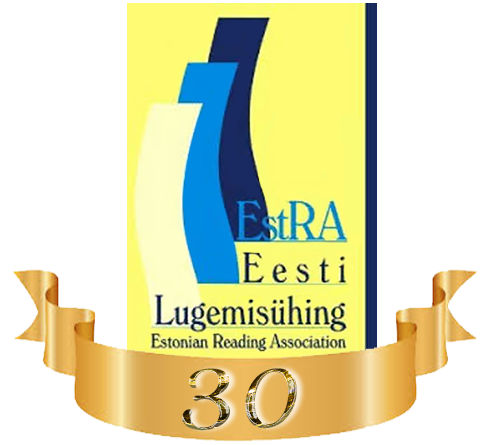- Speakers
- Paavo H.T. Leppänen

Paavo H.T. Leppänen
Paavo H.T. Leppänen, PhD, is professor of psychology at the Department of Psychology, University of Jyväskylä (JYU), Finland, and the director of the Centre of Excellence for Learning Dynamics and Intervention Research (InterLearn CoE) at the Faculty of Education and Psychology, JYU. Prof. Leppänen has extensive expertise in developmental cognitive psychology and experimental neuroscience using both behavioral and brain research methods (EEG, MEG, and combined MEG/EEG-eye-tracking methods). His research themes include reading, attention and language difficulties, and problems in foreign/ second language learning, their neurocognitive, socio-emotional and environmental risk and protective factors as well as training and intervention methods, and neurocognitive processes of text and online/ digital literacy. He has published with his research group highly cited papers on childhood brain responses and their association to linguistic and literacy skills. His recent projects, where he has been PI/ JYU PI include EU H2020 European doctoral training networks of Neo-PRISM-C ETN (2019-2023, JYU PI), ChildBrain ETN (PI) and PredictAble ETN (2015-2019, JYU PI), and Academy of Finland -projects, most recently CoPSOI- consortium project on collaborative and online learning (2018-2022, consortium PI), and iFuCo (2016-2018, JYU PI) on enhancing learning and teaching of online inquiry, and eSeek on internet reading and learning difficulties (2014-2017, PI).
Digital and online literacy – challenges for learners with neurodevelopmental disorders
The rise of digital media and the Internet has transformed literacy practices, demanding new reading skills and strategies. However, little is known about how school-age children—particularly those with learning difficulties and neurodevelopmental disorders—navigate these challenges. Research indicates that reading difficulties stem from multiple atypical processes or deficits that can hinder literacy development.
In this presentation, I will discuss learning difficulties and neurodevelopmental disorders in relation to Internet reading and digital collaboration problem-solving skills. Our findings reveal that children with learning difficulties perform worse than their peers in several aspects of Internet reading, particularly in evaluating websites. Eye-tracking studies conducted in laboratory settings further suggest that children with reading and attentional difficulties struggle to apply effective strategies when selecting search results. Reading fluency and comprehension, along with specific cognitive skill profiles, appear to be crucial foundational level skills in successful Internet reading and collaborative problem-solving.
Additionally, our training study demonstrates that teacher-led instruction in classroom settings can enhance Internet reading skills. These findings underscore the need for a multidisciplinary research approach to understand challenges met by learners with neurodevelopmental disorders and to develop effective assessment tools and instructional strategies for digital and Internet literacy.


